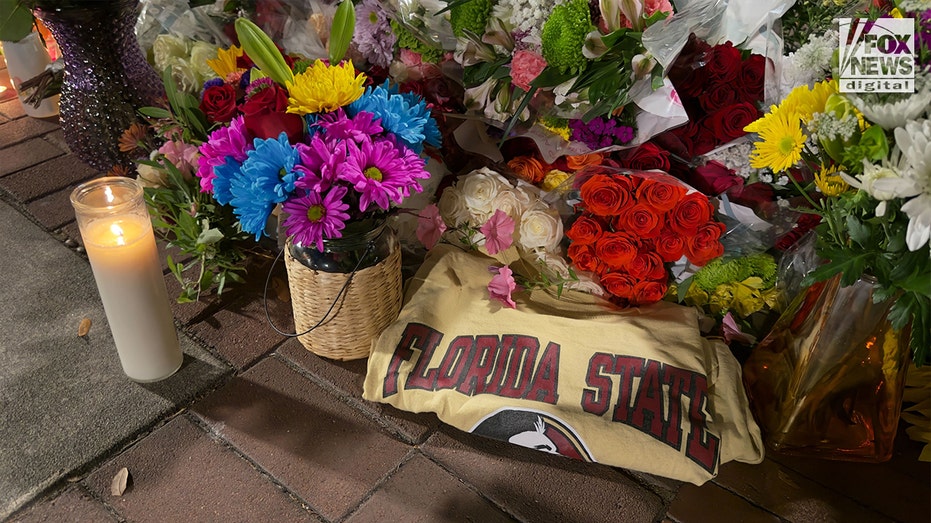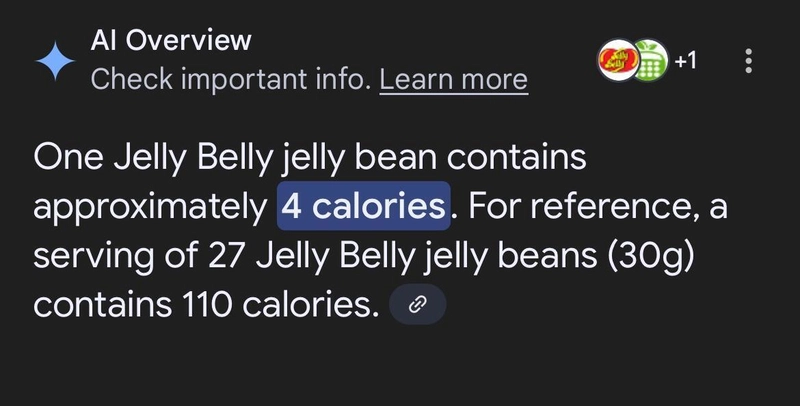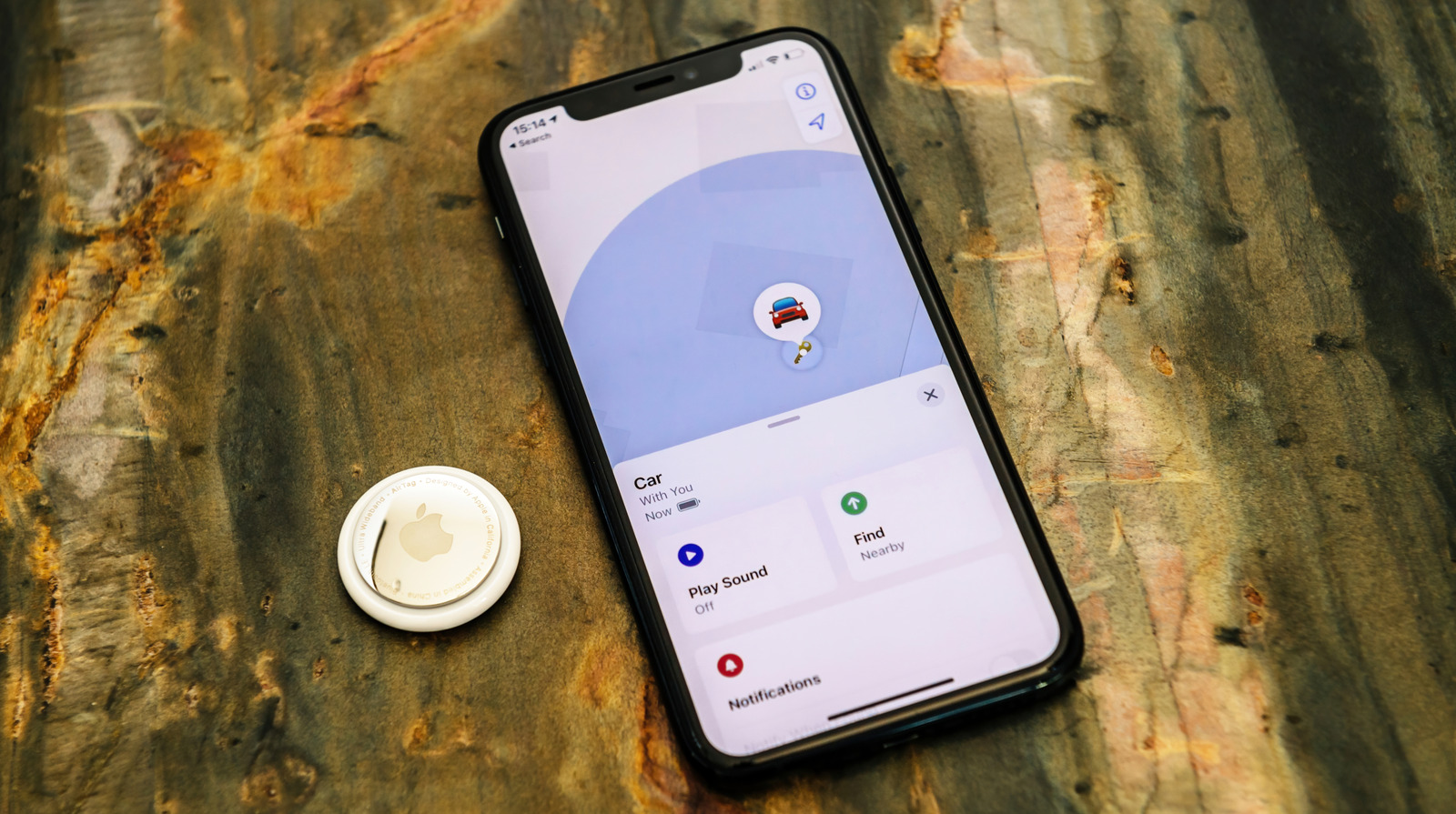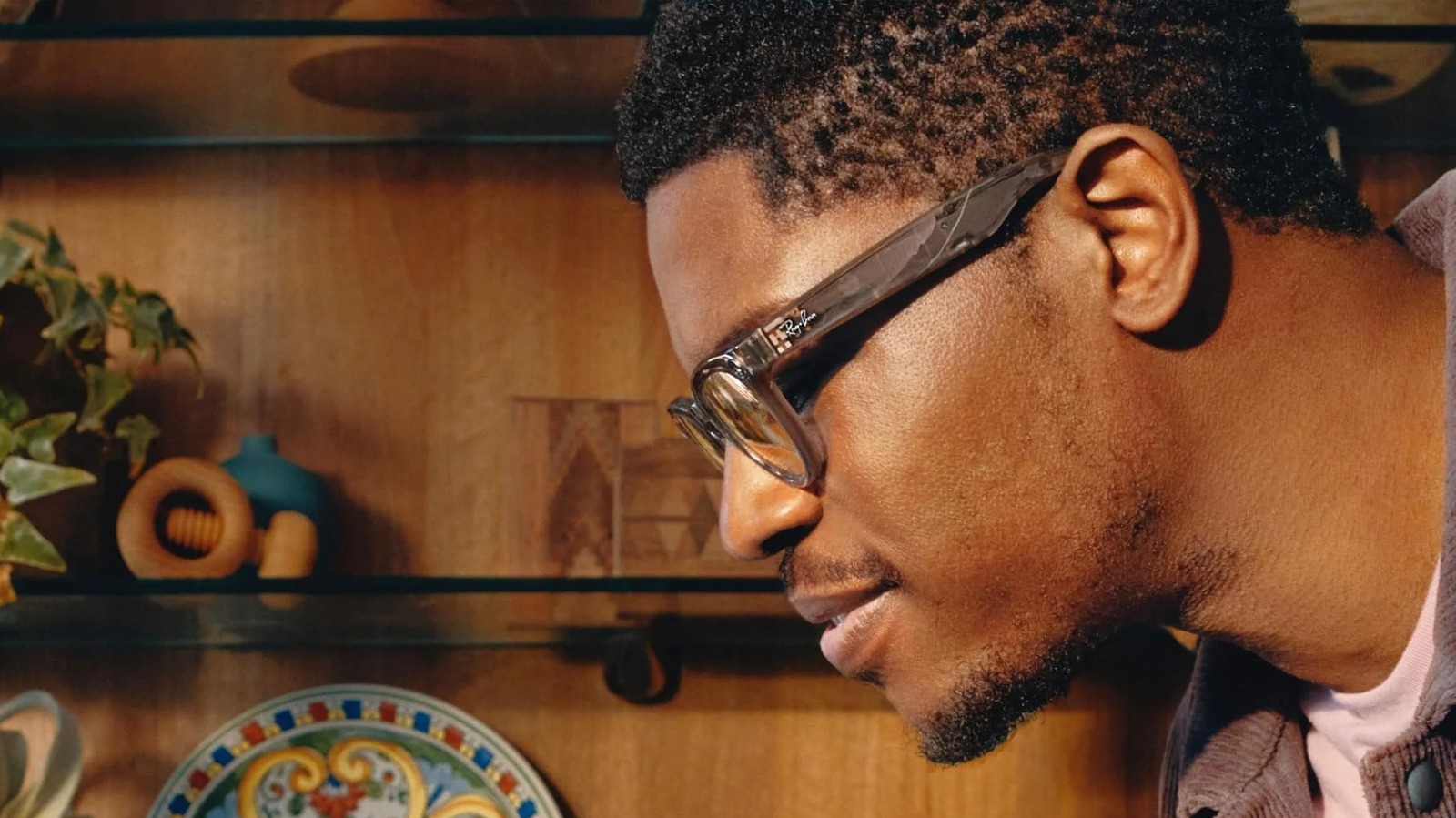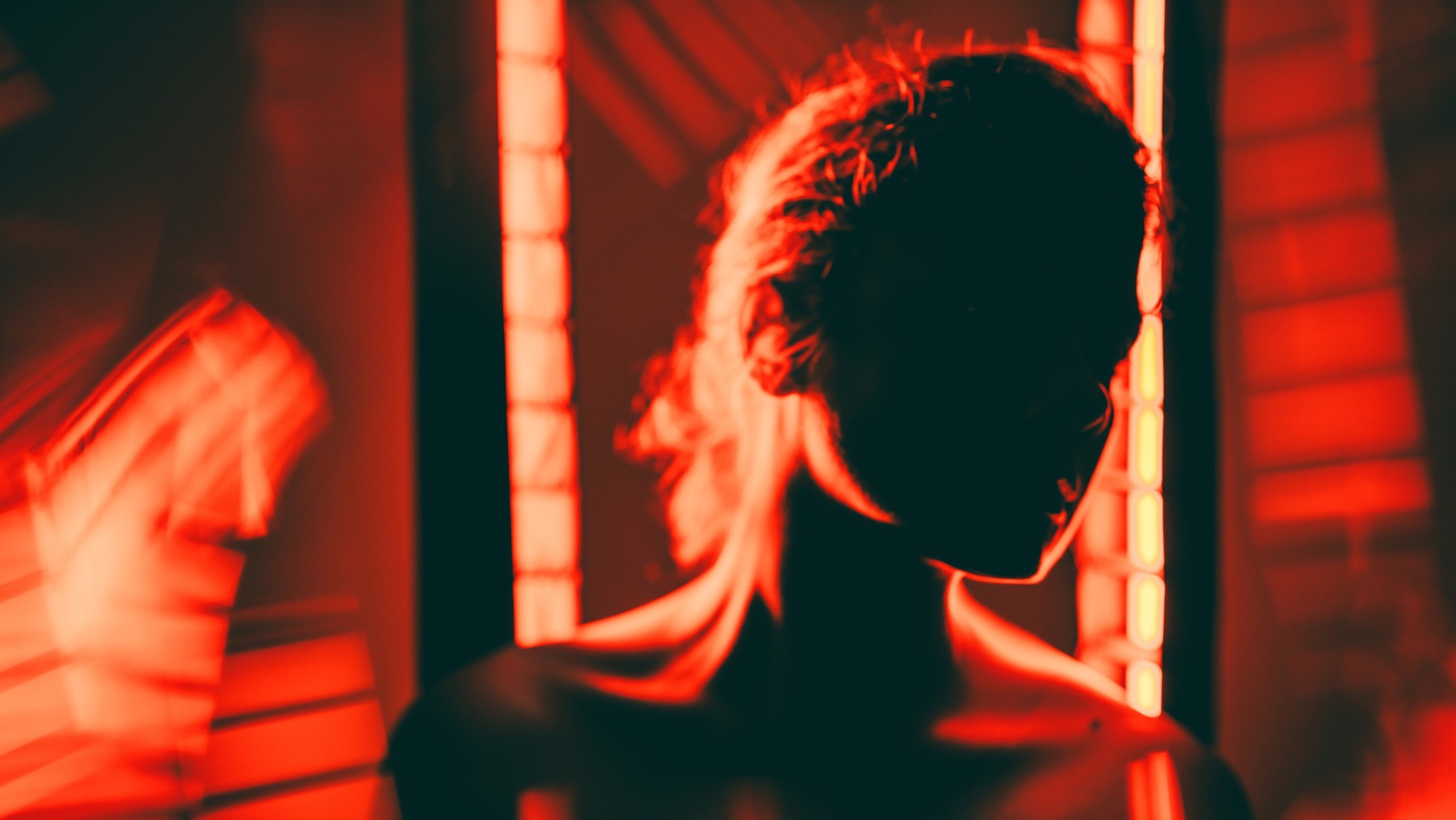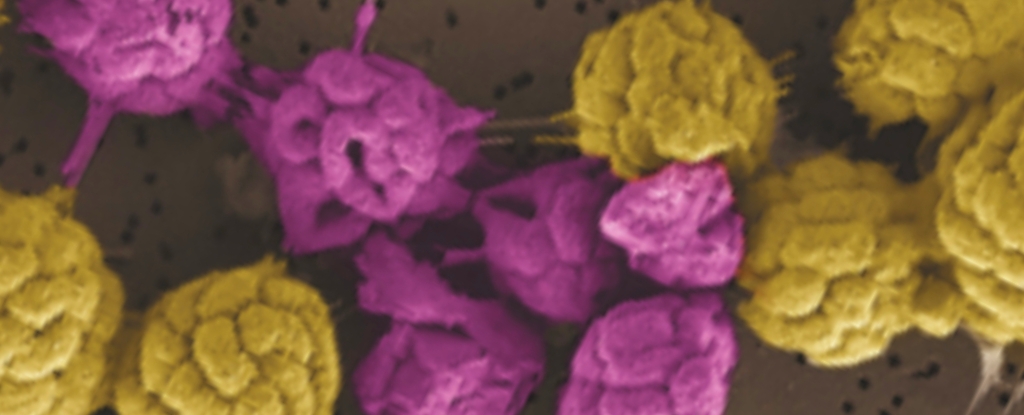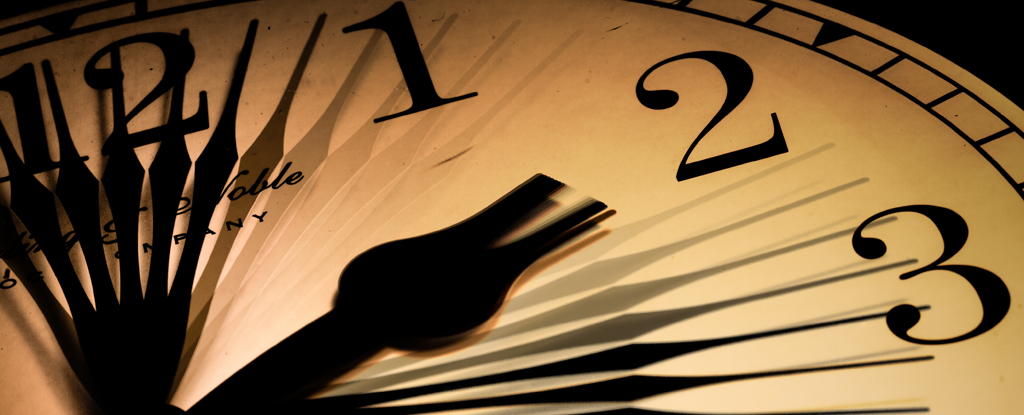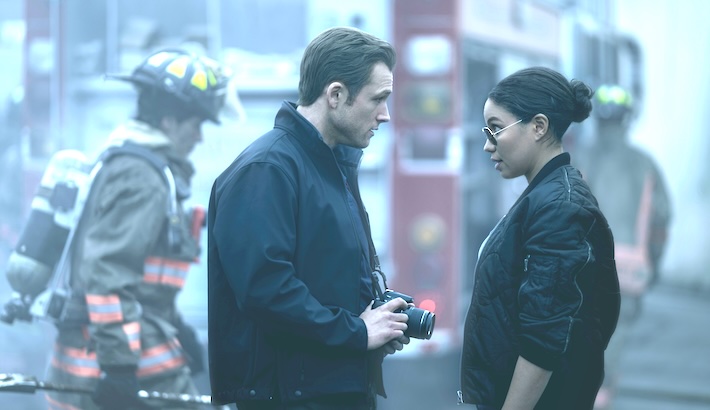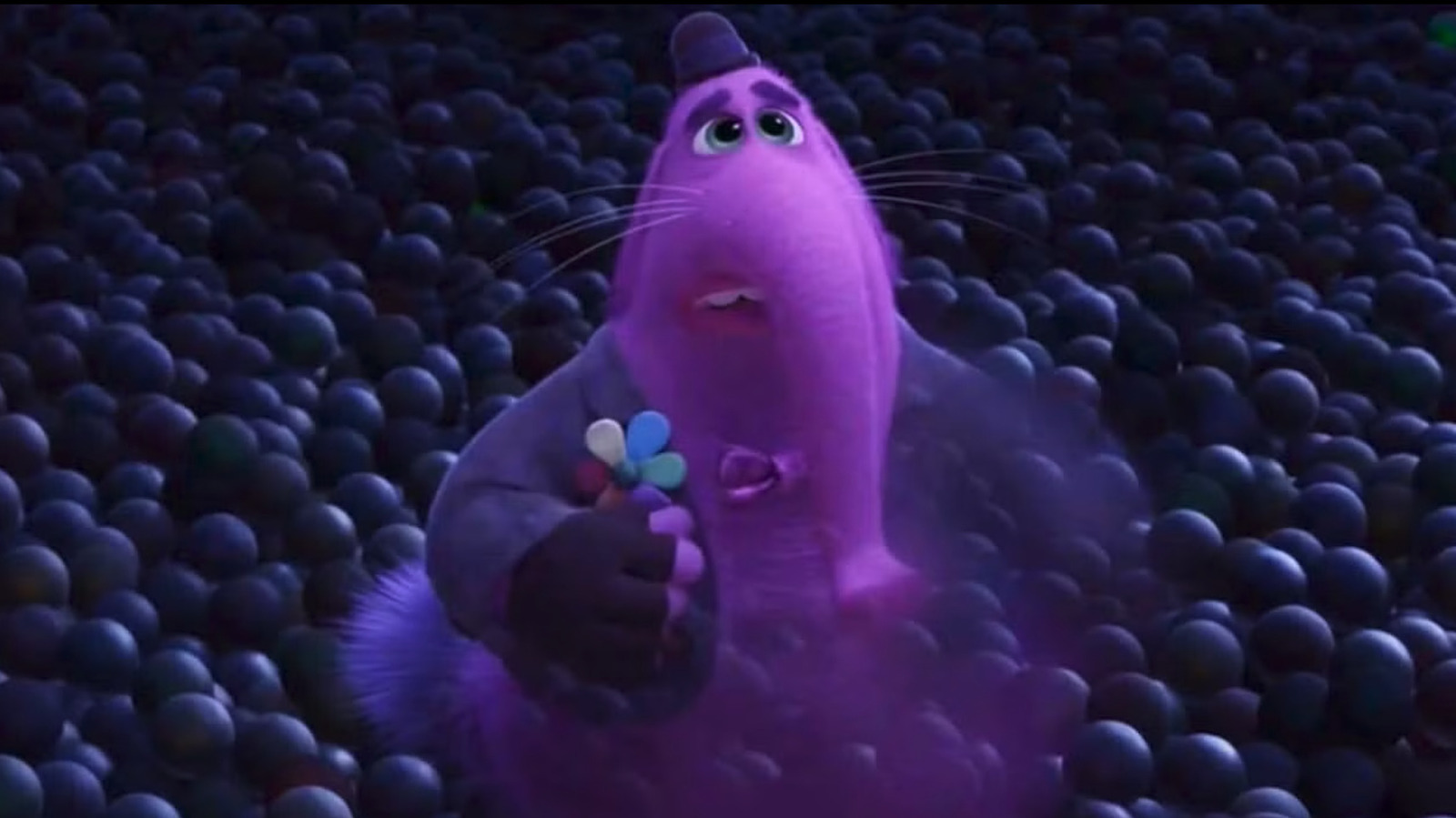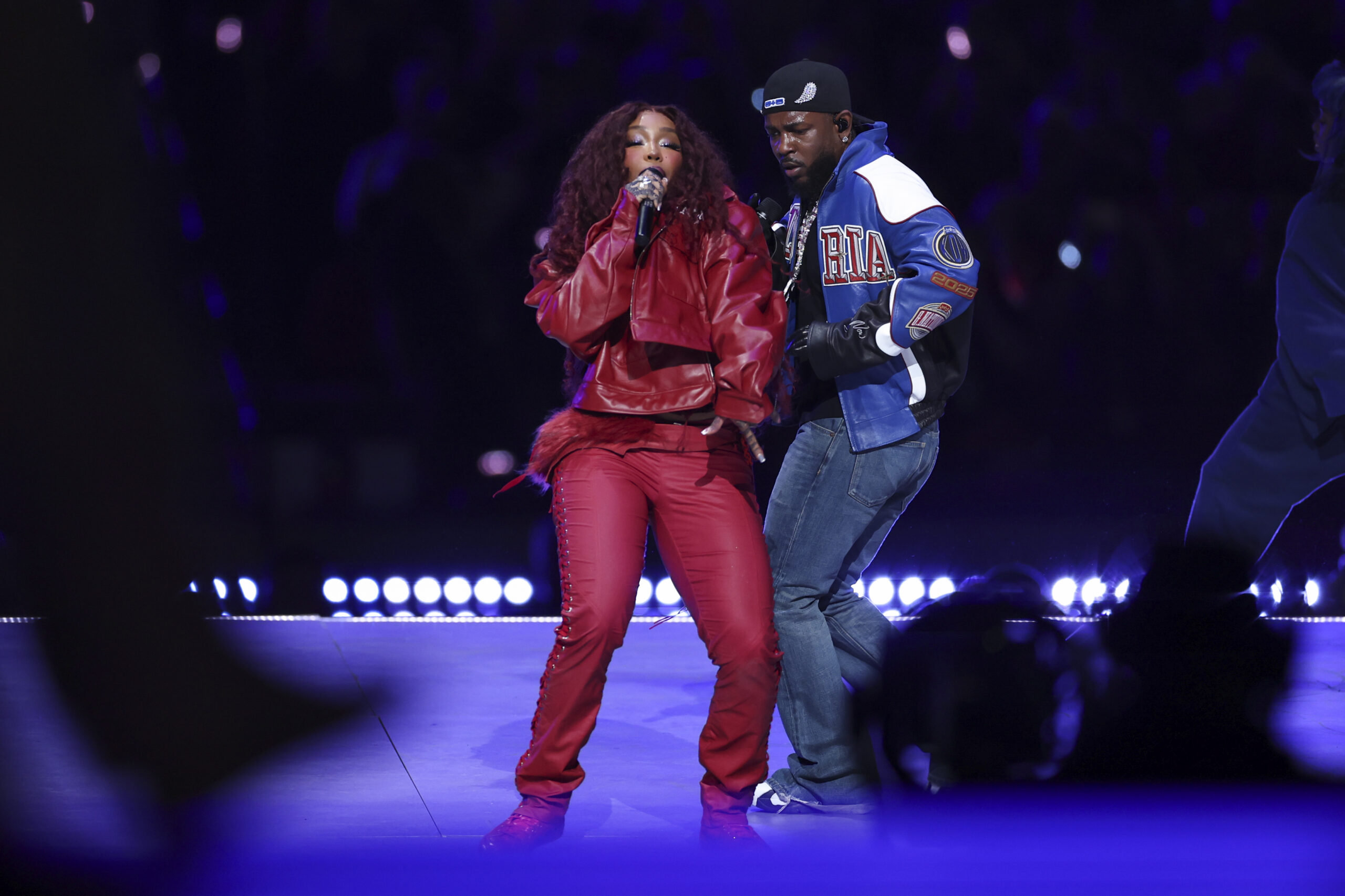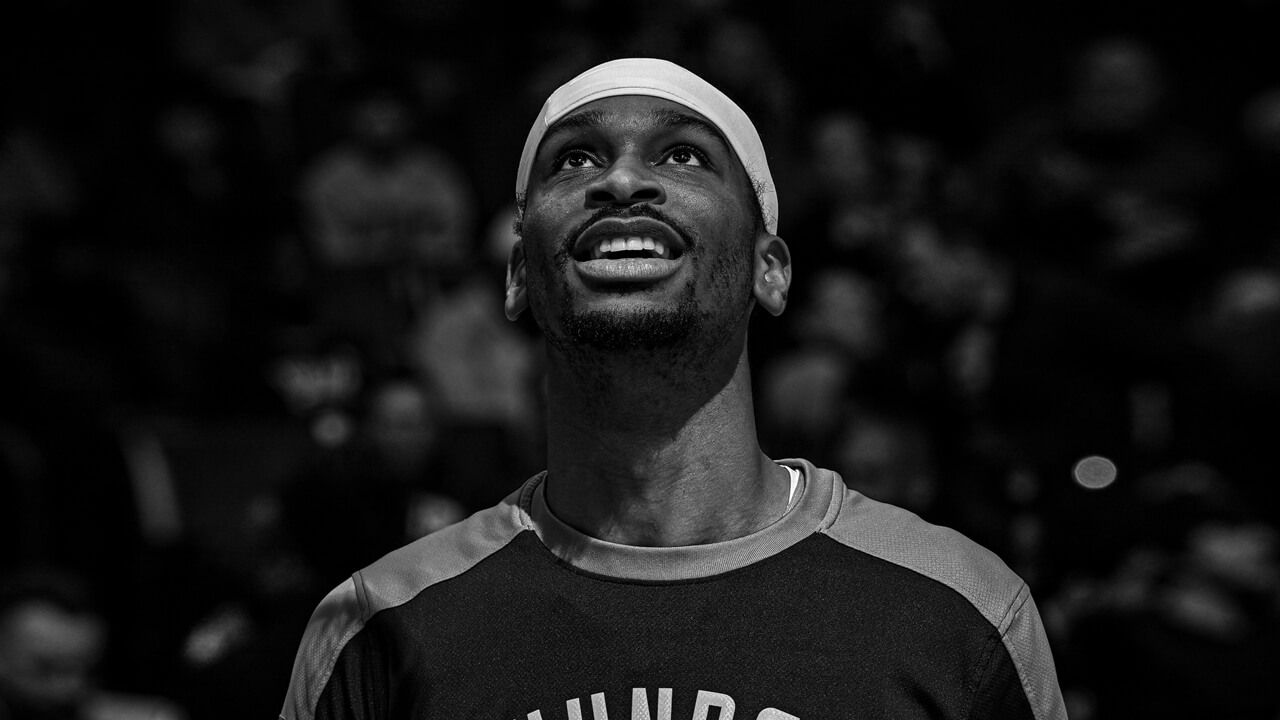Diddy's big pretrial win limits testimony about alleged abuse defense called 'far worse' than freak offs
In a victory for Diddy, the judge has barred testimony from two newly-surfaced abuse accusers.
Jordan Strauss/Invision/AP, File
- The initial screening of jurors for Diddy's NYC sex-trafficking trial is set to begin April 28.
- In a last-minute lineup change, prosecutors had asked to call 3 prior accusers to the stand.
- On Friday, the judge said that the two with the most "explosive" accusations cannot testify.
The Manhattan judge for Sean "Diddy" Combs' coming sex-trafficking trial dealt the rap entrepreneur an important pretrial victory Friday — barring testimony by two prior accusers.
The two women, whose names were not revealed in court, would have given jurors "potentially explosive" testimony about uncorroborated prior abuse, some of it stretching back decades, US District Judge Arun Subramanian said.
The judge added that he will, however, allow federal prosecutors to call a third prior sex-assault accuser to the stand, a woman referred to as "Victim 5" who would testify using her name.
Victim 5's testimony may bolster the prosecution's arguments that Combs intentionally coerced and sexually abused four women already mentioned in the indictment, the judge said.
Subramanian's decision on accuser testimony was one of many in a fast-moving court hearing Friday.
The judge denied Combs' request to delay the start of the trial for two months. Combs also lost his bid for a much longer juror questionnaire.
In other wins for Combs, the judge ordered that the defense team can have access to all of the drafts of a memoir written by key prosecution witness Cassie Ventura.
Ventura, an R&B singer who dated Combs for a decade, will testify next month under her own name.
The judge also allowed Combs to subpoena Warner Bros for raw footage from interviews of two accusers who appeared in "The Fall of Diddy," a docuseries that aired in January on the studio's subsidiary, Max.
"GREAT JOB!" Combs wrote on an orange sticky note at the end of the hearing, passing it to lead defense attorney Marc Agnifilo.
After court, Combs was allowed to turn his chair and speak briefly to his mother, Janice, who sat in the audience.
"I love you," Combs told her, smiling and sounding cheerful. "Everything is good. I'm feeling good," he told her. Michael Tran/FilmMagic
"My son? He always looks good to me," Janice Combs later told Business Insider.
Prosecutors had fought hard last week to add the three new accusers to the trial witness list, arguing that their testimony was vital to the case, even though some of their sexual abuse allegations are decades old and are not part of the indictment itself.
Combs' lawyers fought against allowing their testimony, telling the judge that, taken together, the trio's "horror show" claims of being abused by Combs would be "far worse and far more inflammatory than the charges."
Not so, prosecutors had countered in court filings this week.
Anything the three newly surfaced witnesses would add to their accounts "will be no more inflammatory than the evidence that the jury will already have before it at trial," prosecutors said.
Combs' indictment cites the accounts of four female accusers who suffered "years' worth of beatings, drug-fueled coercive sex marathons, and multiple rapes," prosecutors wrote.
Since his arrest in September, Combs has denied the charges and promised through his lawyers to prove that the behavior charged in the indictment was consensual and that his accusers are financially motivated.
Federal judges often allow testimony about prior abuse
Since the 1990s, federal judges have commonly allowed sex-crime juries to hear that a defendant may have committed prior sex crimes.
Two sex assault accusers, Jessica Leeds and Natasha Stoynoff, were allowed to testify at the 2023 E. Jean Carroll defamation trial, at which a federal jury in Manhattan found the now-President Trump liable for sexual abuse. Trump is appealing the verdict.
In the Combs case, federal prosecutors warned the defense in early March that once the trial begins, they plan to call three additional sex assault "victims" to testify against the rap entrepreneur.
Prosecutors told the judge in court filings this week that their testimony is necessary to counter Combs' consensual-sex defense.
The indictment alleges that over the past two decades, Combs used violence, drugs, and threats to force three girlfriends and a female employee to "fulfill his sexual desires." To date, only one of the accusers, Ventura, has been named publicly.
Prosecutors allege that Combs forced his girlfriends to perform in so-called freak offs, elaborately staged and often videotaped sexual performances that could last for days and often involved hired male sex workers.
The three newly-surfaced accusers would bolster the testimony of the indictment's four alleged victims by demonstrating Combs' "history of refusing to take no for an answer," prosecutors wrote.
"Thus, when the defendant inevitably argues at trial that he had no clue these four women did not want the sexual experiences that he demanded, the Government should be able to point out that someone as practiced as he is in sexual assault surely recognized the signs of non-consent," prosecutors wrote.
The defense fought against letting the three prior accusers anywhere near the jury. Their allegations are "salacious," unproven, and stretch back into the 1980s, lawyers for Combs complained in their own court filings this week.
"The government should not be permitted to pollute the trial with decades of dirt," the defense wrote, saying the only purpose for the proposed testimony would be "painting Mr. Combs as a bad guy who must have committed the charged crimes."
Disproving the trio of accusers' claims "would require weeks-long mini-trials," the defense also complained.
If convicted of racketeering and forcible sex trafficking, Combs faces a mandatory minimum of 15 years and a maximum of life in prison.
Questioning of prospective jurors is scheduled for May 5, with opening statements expected May 12.
